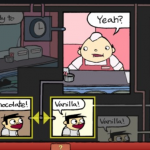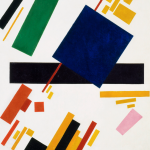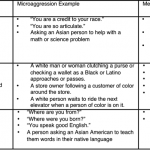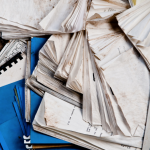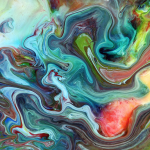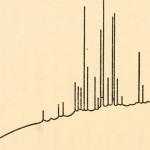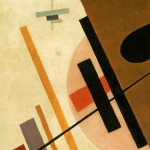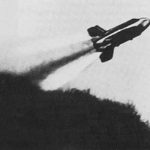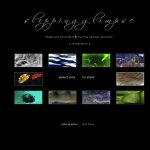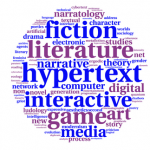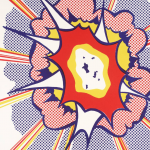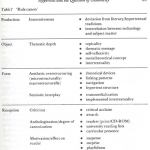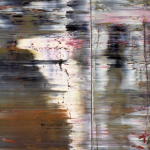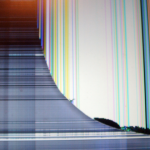Convergent Devices, Dissonant Genres: Tracking the “Future” of Electronic Literature on the iPad
Anastasia SalterSalter's "Convergent Devices, Dissonant Genres" assesses the implications of the iPad for the state of literature. Looking at "traditional" approaches that re-mediate print for digital devices, "enhanced" approaches which add "special features" to extant texts and forms, pre-tablet eliterature re-experienced in the new environment, and finally the creation of original apps with literary qualities, Salter's work is a critical document of the impact a single interface can have on the development of literary culture in the 21st Century.
Futures of Electronic Literature
Marjorie C. LuesebrinkE-lit authors Stephanie Strickland and Marjorie Luesebrink organized a panel on the "Future of E--Lit" at the ELO 2012 conference, allowing emerging and early career authors to articulate institutional and economic, as well more familiar technological, developments that constrain and facilitate current practice. The panel papers were released in ebr in March 2014. Luesebrink and Strickland followed up with comments on the papers, offering a "progress report" on the future of the field. The individual responses are available as glosses on the essays and in full here.
I Read Because it is Absurd
Birger VanwesenbeeckVanwesenbeeck situates Mark Taylor’s recent Rewiring the Real, within a growing body of critical literature (which also includes John McClure’s Partial Faiths and Amy Hungerford’s Postmodern Belief) that regards religion as key to a robust account of postmodern culture—and for Taylor, in particular, as key to appreciating the novels of William Gaddis, Richard Powers, Mark Danielewski, and Don DeLillo
Field Notes from the Future of Publishing
Ed FinnAt the Frankfurt Book Fair, Ed Finn and his team attempted to "write, edit, and publish a book in three days." In this essay, Finn explains the process, outcomes, and future considerations of that collaborative experiment in writing, reading, and publishing in parallel and as performance, in the same room at the same time, as he attempts to answer the question, "What is the future of publishing?"
Against Animal Authenticity, Against the Forced March of the Now: a review of Nicole Shukin’s Animal Capital
Karl SteelIn one half of a pair of critical reviews looking at recent titles in animal studies, Karl Steel examines Nicole Shukin's Animal Capital (Shukin reviews Steel in the other half). In particular, Steel looks at Shukin's biopolitical framework, and considers how that framework challenges not only our conception of what constitutes the animal, but also--and more to the bone--our conception of the capacity of fields like animal studies.
Karl Steel’s How To Make A Human: Animals and Violence in the Middle Ages
Nicole ShukinIn one half of a pair of critical reviews looking at recent titles in animal studies, Nicole Shukin examines Karl Steel's How to Make a Human (Steel reviews Shukin in the other half). In particular, Shukin discusses Steel's framing of "the human" in terms of medieval violence, and she considers what that framing can offer to today's political and ethical conversations.
… without shame or concern for etymology: 11 September in Thomas Pynchon’s Bleeding Edge
Hanjo BerressemIn “…without shame or concern for etymology,” Hanjo Berressem discusses Pynchon's Bleeding Edge in the context of post-9/11 fiction. In contrast to narratives of post-traumatic melancholy, Berressem argues that Bleeding Edge is a “Jeremiad about the fall and the sins of America.” The result is an essay that makes a powerful case for Pynchon as a prophetic, if brutal, witness to American society turning towards security and control in the shadow of tragedy.
Iteration, you see: Floating Text and Chaotic Reading/Viewing in slippingglimpse
Gwen Le CorCrossing the tools of fluid dynamics with those of literary criticism, Gwen Le Cor casts a new light on contemporary writing in new media. Unlike first generation, "classical" hypertexts that were non-linear in the sense of using linked textual elements, Le Cor sees Strickland and Lawson Jaramillo's poem, slippingglimpse, as a more "contemporary" instance of nonlinear writing that can be viewed (literally) as a "complex, nonlinear turbulent system."
Visualising Networks of Electronic Literature: Dissertations and the Creative Works They Cite
Jill Walker RettbergJill Walker Rettberg’s Visualizing Networks of Electronic Literature maps the fragmentary and dynamic field of electronic literature by analyzing citations in 44 doctoral dissertations published between 2002 and 2013. Applying “distant reading” strategies to the ELMCIP Knowledge Base, Rettberg identifies key works in the field, shifting genres, and changing approaches to scholarship.
Nature’s Agents: Chreods, Code, Plato, and Plants
Lisa SwanstromIn "Nature's Agents," Lisa Swanstrom discusses the agency of objects operating within networks. Specifcally, Swanstrom addresses works which allow nature to correspond with humans in a shared environment, posing provocative questions about the idea of agency itself as expressed in an ecology of action.
This essay is excerpted from Swanstrom's monograph, Animal, Vegetable, Digital: Experiments in New Media Aesthetics and Environmental Poetics (under contract to be published by the University of Alabama Press).
An Emerging Canon? A Preliminary Analysis of All References to Creative Works in Critical Writing Documented in the ELMCIP Electronic Literature Knowledge Base
Scott RettbergScott Rettberg's essay, "An Emerging Canon?", highlights the potential for macroanalytic approaches to literary study, specifically in the field of electronic literature. Through his study of the richly populated ELMCIP Knowledge Base, Rettberg analyzes the impact that specific works have had within scholarly and creative communities, and enumerates the potential benefits that this work might have for the preservation, study, and understanding of the field.
Speculative Aesthetics: Whereto the Humanities?
Maria EngbergMaria Engberg reviews two books that describe the dialectical relationship between literary production, digital media, and literary reception from opposite ends of the historical and aesthetic spectrum. "Literary paleontologist" C.T. Funkhouser examines the born-digital poetry of the 1950s (and earlier), while Johanna Drucker writes an eye-witness account of the contemporary encounter between print literature, humanities research, and "speculative computing."
Internet radio and electronic literature: locating the text in the act of listening
John F. BarberIn this ambitious piece, which was initially presented at the 2013 Paris meeting of the Electronic Literature Organization, John Barber examines the role of sound in born digital literary works. Identifying, initially, the rich history of sound art and radio drama, Barber goes on to probe the untapped potential of digital audio as a field for future development. Anticipating John Cayley's 2018 essays on Aurature in electronic literature, Barber in this essay sees sound moving into the foreground of a transformed literary experience, rather than just augmenting text based literary acts.
